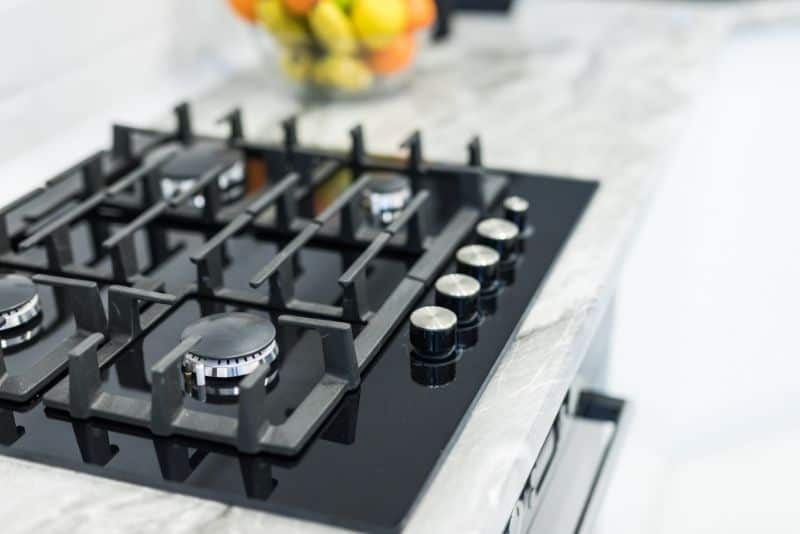Gas vs. Electric Stovetops: Which One Is Ideal for Kitchens

This post may contain affiliate links. For more information, please see our disclosure policy.
Any seasoned chef knows that choosing between a gas or electric stovetop is no simple choice. In fact, the type of stovetop you select has an immediate and significant impact on your cooking, kitchen functionality, and air circulation. To learn more, read our guide on gas vs. electric stovetops and find out which one is ideal for kitchens in our blog below.
Temperature Control
The most prominent distinction between gas and electric stovetops is their different temperature controls. With a gas stovetop, users can instantly control the heat under their pan by turning the stovetop knob to increase or decrease the gas flame inside the burner.
In comparison, electric stovetops require more time to generate enough electricity to heat up and cook your meals. If you need to cook meals fast or if temperature control matters to your cooking, then we recommend purchasing a gas stovetop.
Cooking Capacity
Another considerable difference between gas and electric stovetops is their toasting capacity. Unfortunately, cooking skills such as toasting or charring foods on your electric stovetop are simply not possible.
Only gas stovetops will adequately perform roasting and toasting abilities to give your recipes their classic smoked flavor. Gas range cooktops will be a more suitable appliance for chefs who prefer to add toasted vegetables or charred meats to their meals.
Safety Considerations
While gas stovetops offer much more temperature control and toasting capacities, this stovetop also comes with its fair share of setbacks. The most common reason homeowners steer away from gas stovetops is because these appliances could lead to a significant safety hazard: gas leaks.
When gas stove users forget to turn the gas knobs off, small amounts of gas can leak into the kitchen’s air and become a major health and fire hazard. Homes with small children are often at risk of experiencing these hazards since children are more likely to turn gas stovetops on unknowingly.
If you’re a homeowner who prefers to have peace of mind, then electric stovetops are likely a better option for you.
Cleaning and Convenience Benefits
If you have a passion for constantly trying new recipes but despise the aftermath of cleaning up after eating, this could also affect your stovetop preference. Electric stovetops are considerably easier and more convenient to clean compared to gas stovetops. Mainly, ceramic and glass cooktops are some of the most effortless kitchen appliances to clean. Compared to the intricate and deep cleaning you’ll have to do to clean your gas stovetop’s coils and burners, these stovetops can be wiped clean with simple soap and water. So, if you love cooking but loathe cleaning, electric stovetops might be your ideal appliance.
We hope our guide to gas vs. electric stovetops and which one is ideal for kitchens has helped highlight which of these two cooktops will work best in your home. Both these appliances come with significant advantages, but remember to consider your cooking, safety, and cleaning expectations for these devices.






